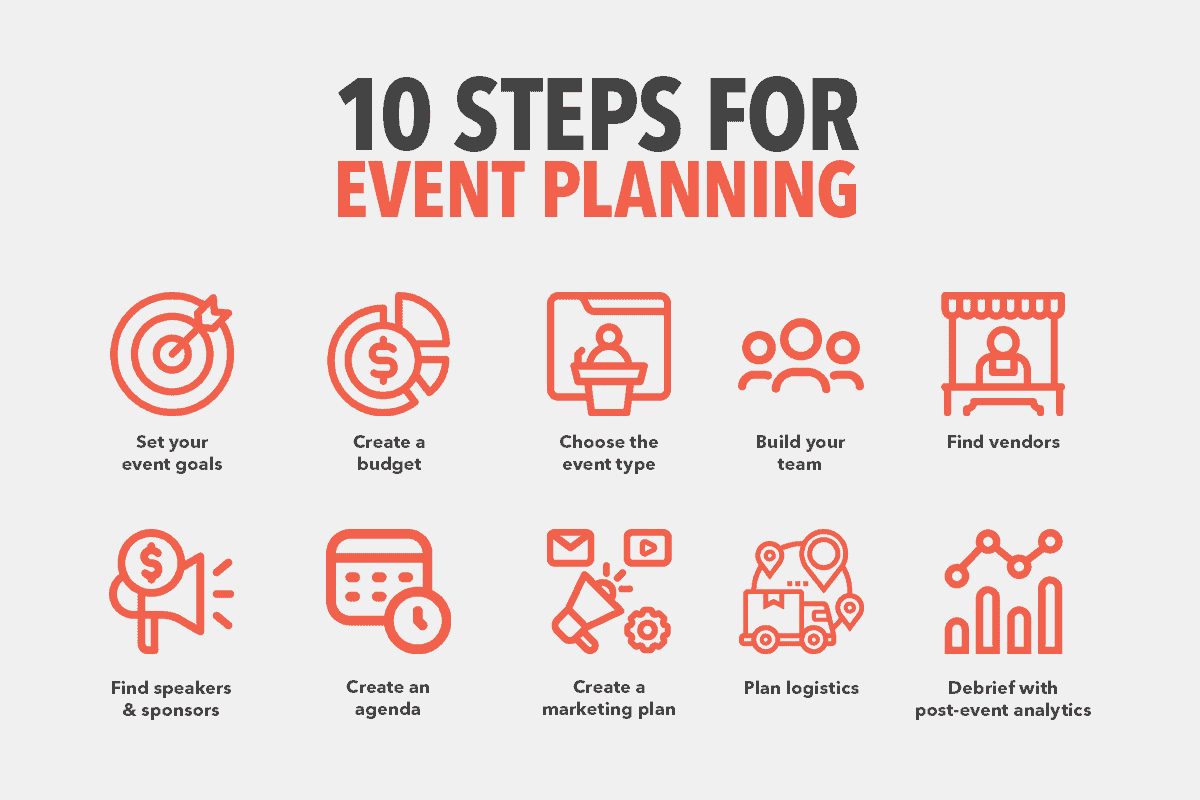A Beginner’s Guide to Planning and Executing Mobile Events
Planning and executing mobile events can be a dynamic way to engage audiences, deliver targeted messages, and create memorable experiences. Whether you’re organizing a corporate roadshow, a mobile art exhibition, or a pop-up retail event, mobility offers flexibility and a unique outreach opportunity. This guide covers the essentials of planning and executing a successful mobile event, with a special focus on the massage sector which is increasingly leveraging mobile platforms to extend their services to new clientele.
Understanding the Basics of Mobile Event Planning
Before diving into the specifics of your mobile event, it’s crucial to understand what makes mobile events different. Unlike fixed venue events, mobile events require careful consideration of logistics, mobility, and legal permissions. Start with defining your goals and objectives. Are you looking to increase brand awareness, generate sales, or educate your audience? Once your objectives are clear, you can decide on the scale and scope of the event.
Choosing the Right Venue and Time
Selecting the right venue for a mobile event means considering traffic patterns, audience accessibility, and local regulations. Since you’ll be moving from one location to another, ensure that each stop can handle the influx of visitors and has adequate space for your setup. Timing is equally important. Choose dates and times that align with when your target audience is most likely to be available and interested. For instance, weekends or evenings might work best for consumer-oriented events.
Designing Your Mobile Event Space
The design of your mobile event space should be both functional and inviting. For a mobile massage clinic, this involves creating a serene and private environment within a compact space. Comfortable seating, calming colors, and soft lighting can make a big difference in how your services are perceived. Soundproofing and air conditioning are also key to ensure comfort regardless of external conditions.
Logistics and Mobility
Handling logistics for a mobile event involves managing transportation, setup, breakdown, and everything in between. This includes securing a reliable vehicle and driver, route planning, and timing schedules. For those in the massage industry, ensuring that all equipment such as portable massage tables, linens, oils, and sanitizing products are easily movable and secure during transit is essential.
One practical solution for those needing a robust, ready-to-go mobile venue is considering an exhibition trailer for sale. These trailers are designed to be versatile and can be easily customized to suit various professional needs, including mobile massage services. They offer a controlled environment that can be outfitted with all the necessities of a mobile massage parlor. Trailers for sale often come with features like extendable sides for additional space and built-in utilities, which can significantly enhance the operational capacity of mobile massage professionals.
Marketing Your Mobile Event
Effective marketing is critical to the success of any event, mobile or otherwise. Develop a comprehensive marketing strategy that includes online and offline elements. Social media campaigns, local advertising, and partnerships with local businesses or influencers can generate buzz and attract attendees. For a mobile massage event, consider targeting local wellness communities, fitness centers, and corporate offices with promotions and special offers.
Staffing and Customer Service
The staff you choose for your mobile event can make a significant difference in its success. For mobile massage services, professional and licensed massage therapists who are personable and can adapt to the changing environments of a mobile setup are crucial. Ensure that your staff is well-trained not only in their respective services but also in customer engagement and problem-solving.
Safety and Permissions
Safety should always be a priority. This includes securing all necessary permits and insurance to operate a mobile event legally and safely. Check local regulations and obtain all necessary permissions in advance. For health-related services like massage, additional health and safety protocols must be rigorously followed, including hygiene practices and privacy measures.
Measuring Success and Gathering Feedback
After the event, take the time to measure its success against your initial objectives. Collect feedback from participants and staff to understand what worked and what could be improved. This information is invaluable for refining future mobile events.
Conclusion
Mobile events are an exciting way to meet your audience where they are, offering unique challenges and opportunities. For those in the massage industry, it provides a platform to expand reach and deliver services in a new and flexible way. By carefully planning and executing your mobile event, you can ensure that it not only meets but exceeds expectations, fostering growth and leaving a lasting impact on your participants.

